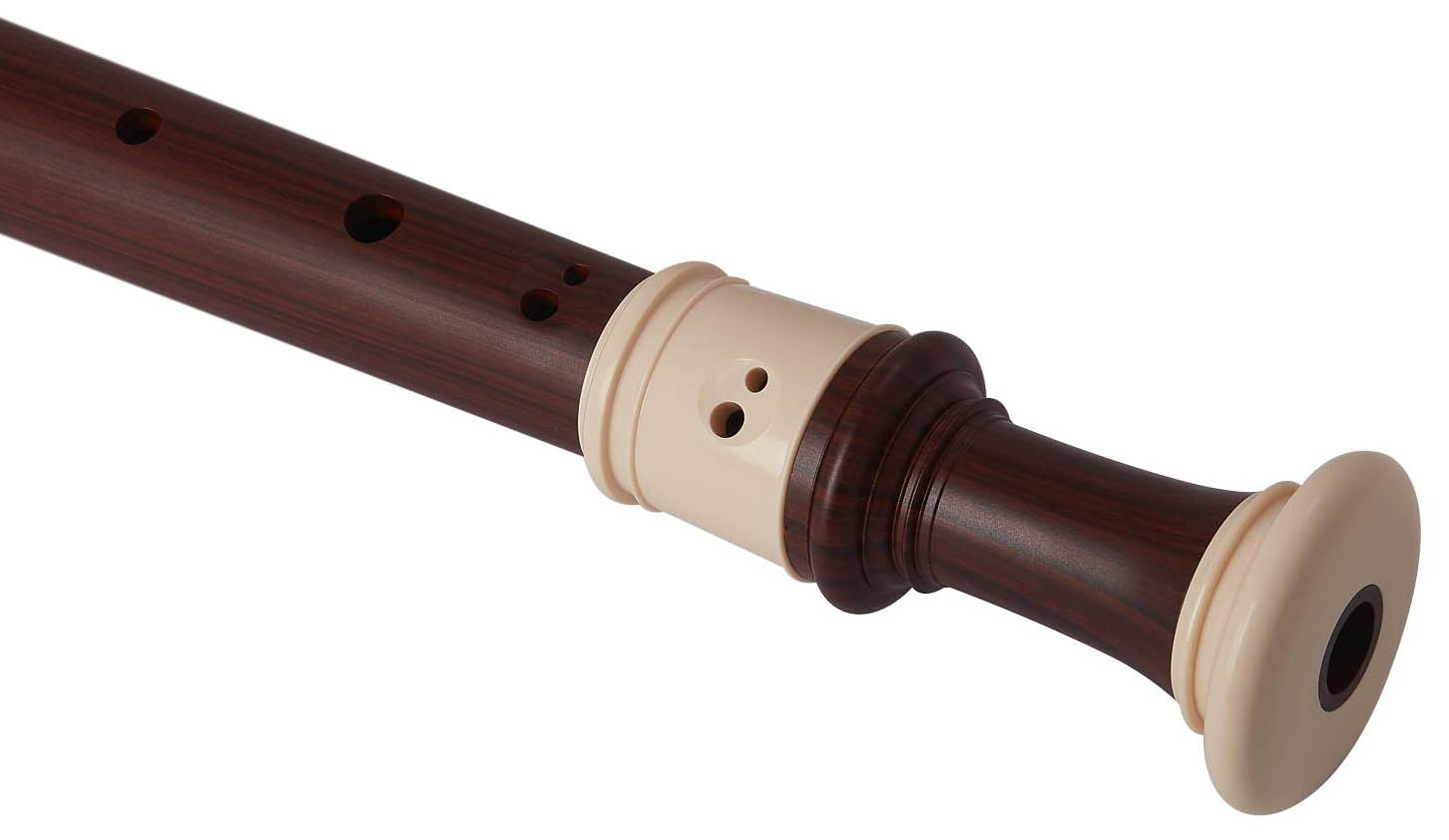Care of Your Plastic Recorder
Caring for plastic recorders
Patrick von Huene, von Huene Workshop

Plastic recorders are more prone to clogging because there is no surface to absorb any of the condensation in the way that the face of the cedar block does on a wooden instrument. Before playing, warm the head joint to body temperature; reducing the temperature difference between the windway of the recorder and the warm, moist air you’re blowing into it helps retard the formation of water droplets. If needed, most headjoints (windway, window/labium) can be cleaned with warm, soapy water, rinsed and air-dried. Do not wash joints that have keys. Never use solvents such as acetone or lacquer thinner to clean plastic instruments; these can melt the keys and body of plastic recorders.
It is not possible to make voicing adjustments on plastic recorders (the head joint cap is normally glued on, and blocks cannot be removed). However, as the original dimensions do not change as they do on a wooden recorder, revoicing is not necessary. The foam pads of keys will harden or deteriorate over time, but can usually be replaced. (Yamaha replacement keys can be readily obtained, but these are NOT interchangeable with the knock-offs). We use petroleum jelly (VERY sparingly) to lubricate joints if needed. The von Huene Workshop is located in Brookline, MA. www.vonhuene.com



